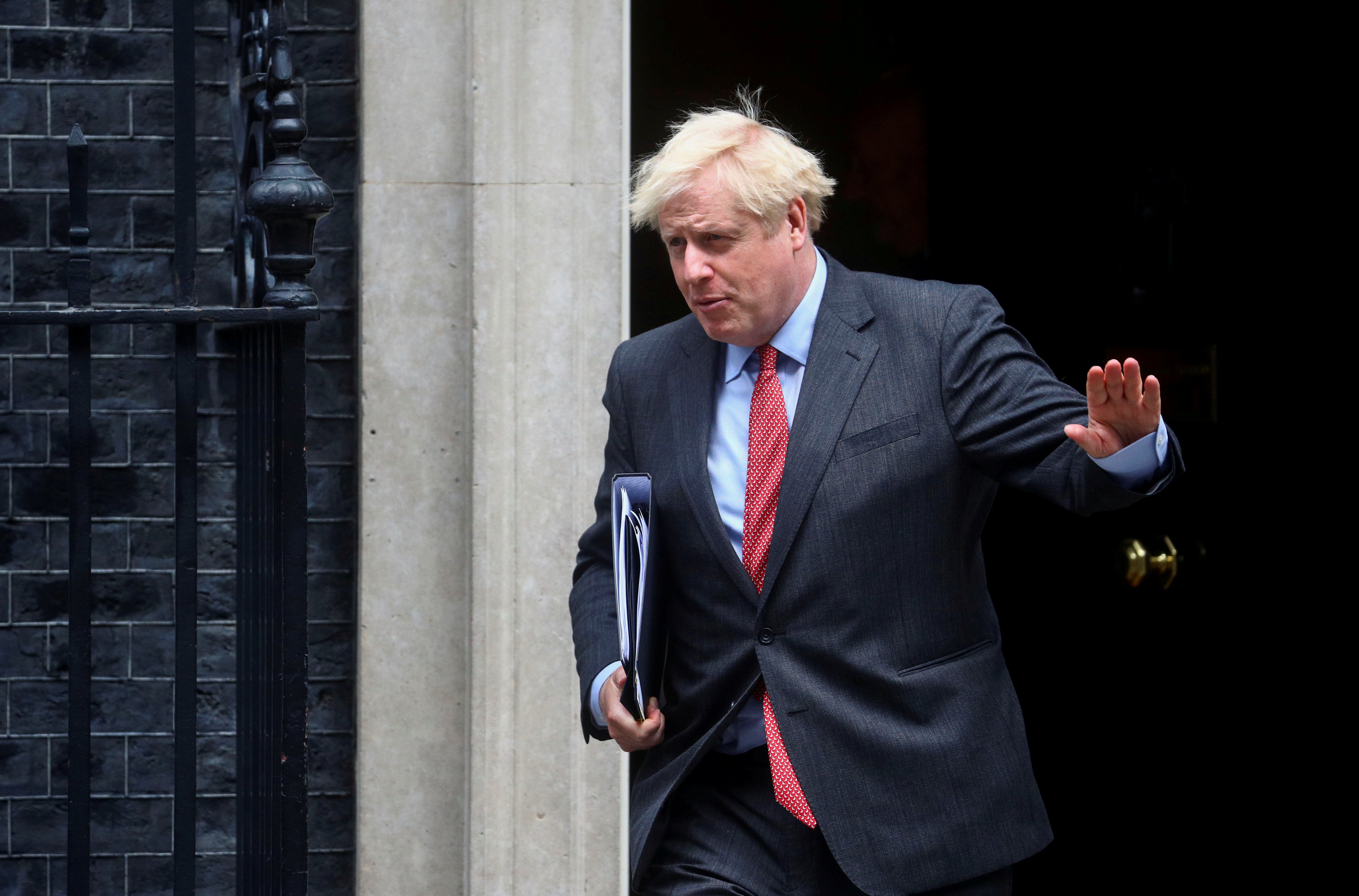If Boris Johnson really plans to ‘level up’ the country, why won’t he explain how he will do it?
POLITICS EXPLAINED Not a single benchmark for success or failure has been unveiled – and, on schools and housing, ministers risk going backwards, writes Rob Merrick


How will we know if Boris Johnson is achieving his repeated promise to “level up” the country, if he won’t tell us how success or failure will be measured?
That was the question I asked No 10 in the glow of the Conservative election triumph at the start of the year – pointing out the extraordinary absence of a single target or yardstick – to be told “wait for the Budget”.
Well, two mini-Budgets came and went in the spring and summer without enlightenment, and the main autumn event has just been axed, so I suppose I must carry on waiting.
It cannot be overstressed how ludicrous this situation is. A flagship government “policy” – but no way of judging if progress is being made, because we have no idea what progress looks like.
Does it mean narrowing the income gap between people in rich and poor areas? Or closing the divide in educational achievement, in life expectancy, in home ownership, in business investment, or simply to create more jobs in struggling parts? Or all of those things? Who knows?
Now, you might be thinking “hang on, there’s been an era-defining pandemic to fight” and you would, of course, be right – but is that really a defence?
Furthermore, worse than the blank page that is the “levelling up” agenda, some policies point to – if you will pardon such an ugly phrase – an “unlevelling down” programme.
Take English schools, supposedly recovering from a painful 9 per cent funding cut during the decade of austerity with an extra £7.1bn pledged by 2023.
In fact, the first tranche will deliver 3-4 per cent more to heads in affluent areas, with schools’ minister Nick Gibb admitting “leafy suburbs” will be the winners. How is that levelling up?
Or housing, where Section 106 agreements – the tool for councils to force developers to fund affordable homes and community facilities – are heading for Mr Johnson’s planning rules’ bonfire.
Instead, allocations from a new central pot will depend on the expected market value of a development, meaning the wealthy southeast – with its eye-watering house prices – will scoop up most of it.
Back in 1997, Labour came to power also promising to level up (it was called “closing the North-South divide” then) through regional development agencies, rebuilding slum areas and higher schools’ funding.
There were detailed targets for boosting prosperity in the poorest regions and for preventing its residents dying so much younger than their southern peers.
It may have been wrong-headed, or inadequate, or botched – although there was progress, before the 2008 Crash swept it away – but at least Labour told us how to reach a verdict.

Join our commenting forum
Join thought-provoking conversations, follow other Independent readers and see their replies
Comments